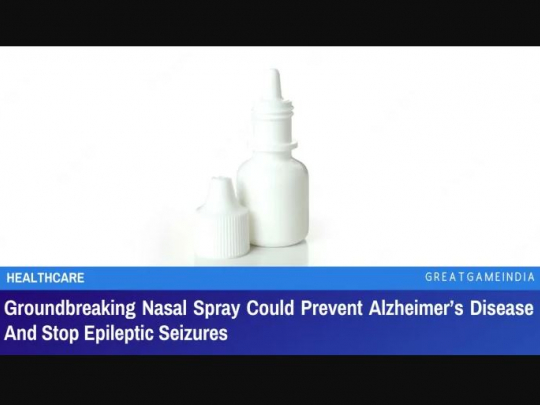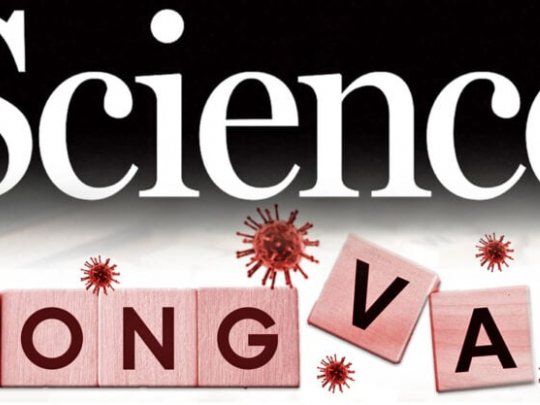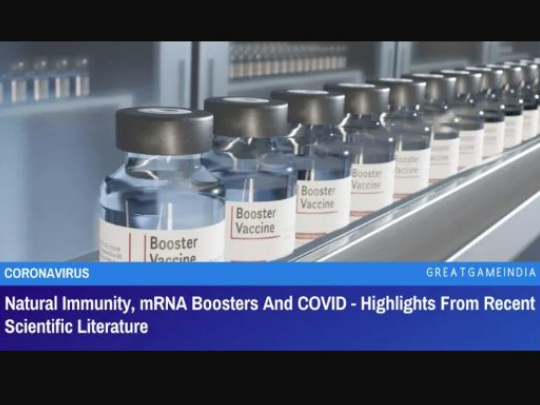Groundbreaking Nasal Spray Could Prevent Alzheimer’s Disease And Stop Epileptic Seizures

Alzheimer’s disease, which is more commonly characterized by memory loss, can also result in seizures. However, a groundbreaking nasal spray could help prevent Alzheimer’s disease and stop epileptic seizures.
A novel nasal spray may hold the answer to treating epilepsy and Alzheimer’s disease simultaneously. The spray, according to researchers at the Medical College of Georgia at Augusta University, uses a cutting-edge peptide that improves the brain’s capacity for seizure control and neuronal protection.
In particular, the group created the A1R-CT peptide, which has been shown to have the capacity to moderate excessive electrical activity in the brain. This is a typical issue following a stroke or traumatic brain injury, and it is also a symptom that more than half of all Alzheimer’s patients have.
A1R-CT might become a seizure rescue drug if a nasal spray form is developed, says neuropharmacologist Dr. Qin Wang. The medication might be able to stop epileptic seizure clusters, which are episodes of back-to-back, crippling seizures in epilepsy patients.
How does the peptide work?
A1R-CT prevents neurabin, a protein that makes sure the brain’s defense mechanism limits neuronal hyperexcitability, from doing too much of this. The protective adenosine 1 receptor on the surface of neurons gives the peptide its name. This receptor is activated by the chemical adenosine, which is mostly produced by glial cells that support neurons in response to hyperexcitability.
“This is a powerful receptor to then silence the neurons,” Wang says in a university release.
The authors of the study further note that this naturally soothing association inhibits electrical activity that may otherwise result in an erratic pulse. Additionally, adenosine is currently available in an injectable version that is used to treat individuals with extremely high heart rates.
“But the A1 receptor itself has to be regulated because if it’s activated too much, you will fall asleep. The neurons try to make sure everything stays in control and in most of us, it works pretty well. We don’t fall asleep at our desk. We don’t have seizures,” Wang adds, noting that caffeine blocks the A1 receptor.
Alzheimer’s disease, which is more commonly characterized by memory loss, can also result in seizures when the accumulation of the proteins amyloid and tau impairs neural connection in the brain. Additionally, this causes an increase in oxidative stress and inflammation, which overexcites neurons.
“In Alzheimer’s there are so many things that go wrong,” Wang says.
Unleashing A1’s power
The authors of the study point out that adenosine’s activation of the A1 receptor is pervasive throughout the human body, increasing the likelihood of adverse effects. Neurabin is useful in this situation. According to the study, neurabin, which is largely found in the brain, maintains the proper balance to prevent the A1 receptor from becoming hyperactive.
“Neurabin is a brake, so it doesn’t do too much,” Wang explains. “But now we need to remove it to unleash A1’s power.”
In response, the team created a peptide that can disrupt the interaction between neurabin and the A1 receptor, leading to a more natural seizure-reducing effect.
A1 receptor activation calms down the agitated neurons by modifying their ion channels, which are proteins in the cell that enable other proteins to pass through. This mechanism aids in the production of healthy electrical signals in the cells. As a result, neurons are less likely to fire an electrical signal, which is known as hyperpolarization.
“The more polarized the neurons are, the harder it is for them to get excited,” Wang says.
By decreasing the release of glutamate, a neurotransmitter that neurons produce and that also stimulates those very same neurons, the A1 receptor is also activated. The study discovered that utilizing the peptide significantly reduced the death of neurons in Alzheimer’s patients.
The peptide enables A1C to lessen excessive electrical activity in the brain by blocking neurabin. Injecting the peptide into lab mice reduced their symptoms of severe seizures episodes.
Turning the peptide into an easy-to-use nasal spray
After converting the initial injection into a nasal spray, the researchers discovered similar outcomes among seizure and Alzheimer’s models.
The authors of the study note that mice without neurabin had seizures that were noticeably shorter and less intense. In addition, every mouse lived.
In contrast, mice with normal neurabin levels went through seizures that might last up to 30 minutes and resulted in 10% of the mice dying. In mice lacking neurabin, blocking the A1 receptor resulted in more than 50% of the mice dying from their seizures.
The team is currently investigating the best dosages and delivery schedules for using this peptide to treat particular disorders. While they look for financing to start clinical studies, they are still making adjustments to the nasal spray.
- Source : GreatGameIndia


















